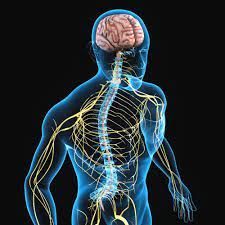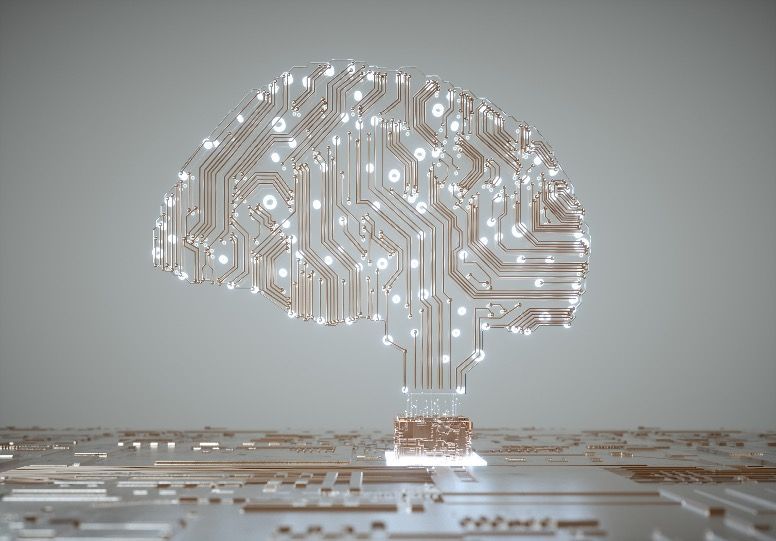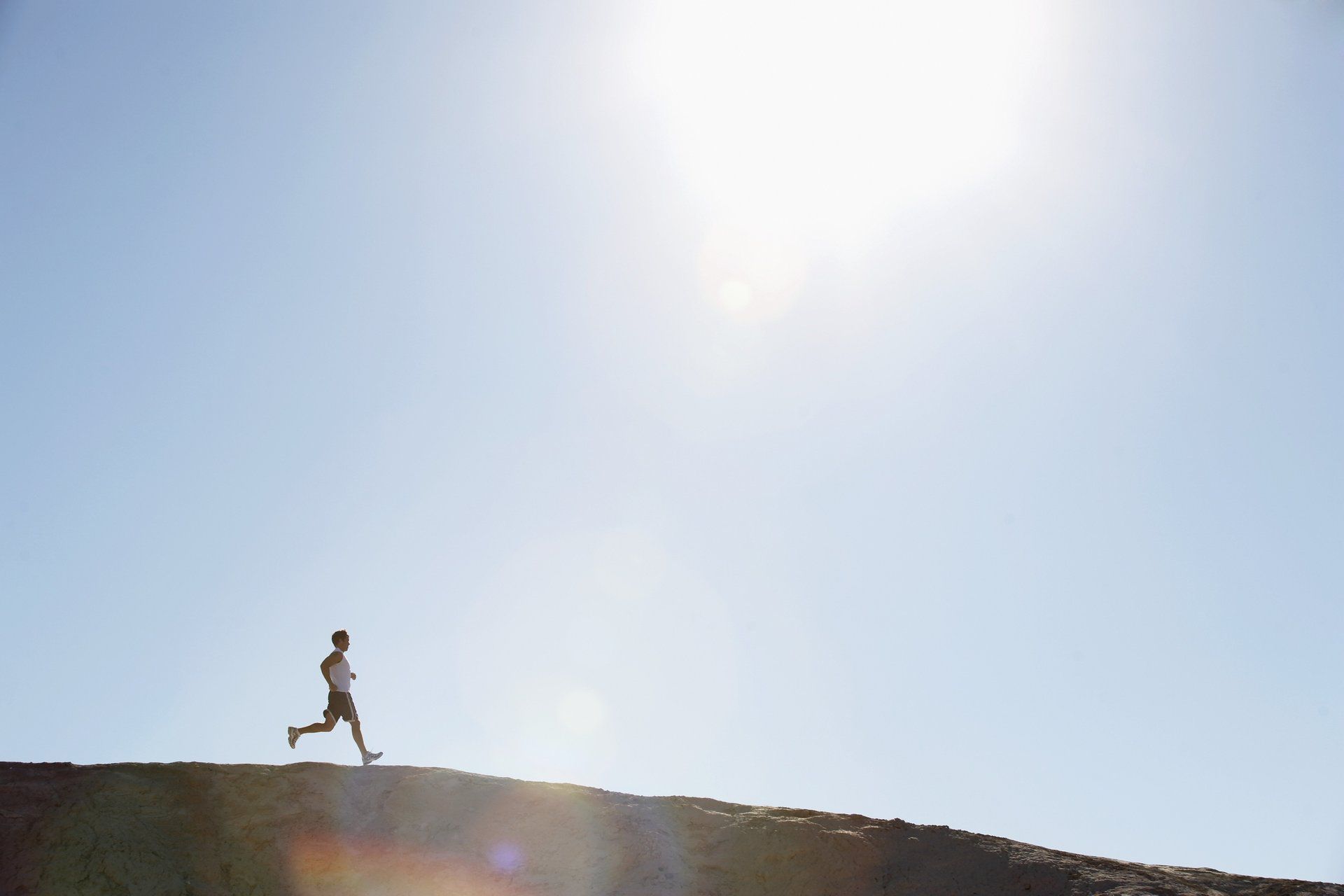How to influence hormones and increase well-being
Have you ever felt foggy, moody, tired or bloated for no clear reason? Often, the cause is hidden in plain sight: hormones. These tiny chemical substances reflect our internal and external environment. Making sustainable lifestyle choices will help influence hormones and become the best version of ourselves.

Hormones are chemicals secreted by our endocrine system. They travel through our bloodstream to organs and tissues, telling them what to do. From “eat” to “run” to “relax” to “ovulate” to “go to sleep”.The relation with our hormones is a two-way path. They influence everything we do, and our choices will influence our hormones.
Hormones are just as important for men as they are for women. The difference lies in which hormones dominate and how they fluctuate
The more sustainable our lifestyle is, the more balanced our endocrine system will be. Consuming eco-friendly products; eating seasonal fresh food; and connecting with nature are some of the ways we can achieve this.
How do we create hormones
The endocrine system is the network of glands and organs that produce and regulate hormones through a process called biosynthesis.
🧍🏾 Hypothalamus, area in our brain that tells other glands what to do.
🧍🏾 Pituitary gland, the gland at the base of our brain that sends out hormone-stimulating signals.
🧍🏾 Thyroid gland, located in the front of the neck, regulates metabolism, mood, and energy.
🧍🏾 Adrenal glands, in top of both kidneys, manage stress via cortisol and adrenaline.
🧍🏾 Pancreas, the organ behind the stomach that controls blood sugar levels via insulin and glucagon.
🧍🏾 Ovaries/testes, regulate reproductive hormones in men and women.
🧍🏾 Pineal gland, in the middle of the brain, produces melatonin to regulate sleep.
Glands and organs in our endocrine system are in constant communication, working to keep you balanced.
Nutrients from food are turned into hormones that, once released into our bloodstream,
travel to their target areas
For the biosynthesis to take place, specialised enzymes in our cells turn nutrients from food (eg. cholesterol, amino acids from protein and minerals) into hormones. They are then released into our bloodstream, and travel to their target areas.
Modern life and hormones
In our fast-paced lives, we tend to overproduce cortisol (our stress hormone) and underproduce hormones like serotonin, oxytocin, and endorphins that soothe us, help us rest, and support the parasympathetic nervous system which takes us to “healing mode”.

Hormonal balance will lead to energy, clarity, calm, and general good health. Traditionally, we have thought of certain hormones better than others eg. dopamine better than adrenaline or cortisol. However, they all play an important role and they are all equally needed it.
Equally, hormone levels vary depending on the sex. Testosterone is 10–20 times higher in men than in women.
Hormones out of balance
Cortisol is needed for energy and stress response, but chronic high levels will lead to burnout and anxiety. Estrogen on the other hand is key for mood, skin, and cycles. But too much of it will cause problems such as bloating, mood swings and pre-menstrual syndrome. Finally, while insulin manages blood sugar, an excess of this chemical will cause blood sugar crashes, fatigue, and weight gain.
Even “happy” hormones need balance. Too much dopamine, for instance, can lead to impulsive behaviour, anxiety and insomnia. It can even create a cycle of “dopamine chasing”, causing burnout and mood crashes.
Too much oxytocin, the love/trust hormone, can be emotionally draining causing over-trusting
and staying in unhealthy relationships
Endorphins, our natural pain killers, can also cause issues when they are too much. This would include ignoring signs of physical or emotional pain; or chasing endorphin highs through intense exercise or risky behaviours.
How eco-friendly behaviours can balance our hormones
Many chemicals in plastics, pesticides, cosmetics, and household products are endocrine disruptors. This means that they mimic or block natural hormones.
Choosing organic food, eco-friendly packaging and natural skincare reduces exposure to
artificial chemicals and protects hormonal balance
Other behaviours that will help balance our hormones include:
⚡Eat fresh unprocessed food to steady blood sugar; promote gut health; and provide your body of all the natural nutrients necessary for hormonal production.
⚡Slow down and spend more time outdoors connecting with nature to calm our nervous system and lower cortisol.
⚡Live in sync with the Earth’s and your body’s natural cycles to support sleep patterns (cortisol and melatonin); menstrual cycles (estrogen); and eating habits (insulin and leptin).
⚡Stay connected with the community to boost oxytocin and serotonin.
⚡Exercise supports the production and balance of many key hormones including endorphins, dopamine, serotonin, oxytocin and insulin.
Hormonal changes during life
Hormones evolve throughout our life. Although the choices we make will impact this evolution, there are some key hormonal stages most people experience. This will include infancy and childhood; puberty; early adulthood; perimenopause; menopause; and post menopause.
Men also experience hormonal changes with testosterone levels declining from age 30. Some of them also experience “andropause” symptoms like fatigue, low libido and mood shifts
Hormones aren’t something mysterious that "happen" to us. They're a reflection of our internal and external eco-system. Understanding them gives us the power to work with our body to increase our well-being. When we tune into our hormones, we don’t just feel better. We become the most vibrant, grounded version of ourselves.










